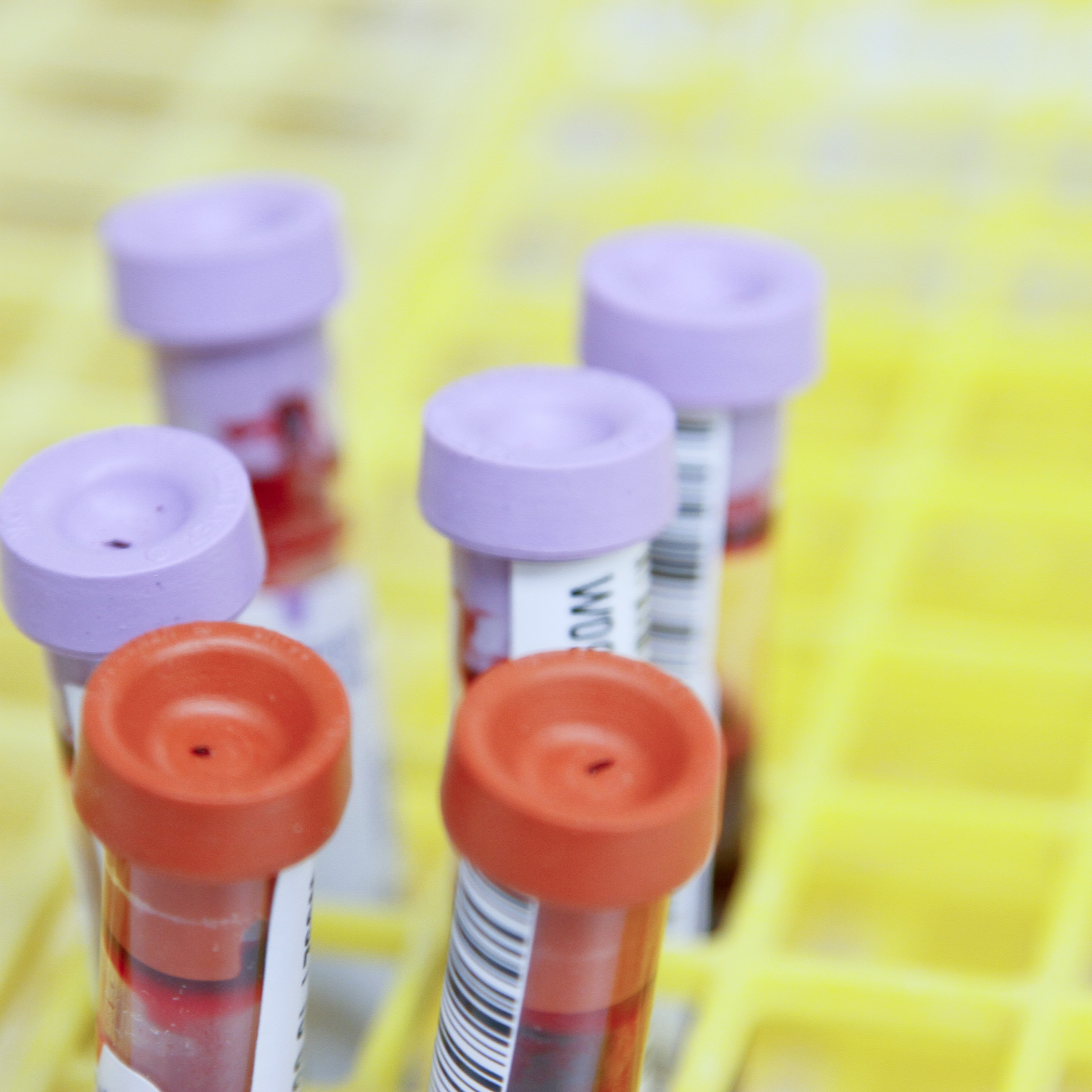In partnership with the National Health Service (NHS) England, the UK branch of Grail is the main funder and organizer of this trial, which aims to discover whether the Galleri test finds cancer earlier when combined with standard testing in people who don’t have any symptoms of cancer.
This week, the UK announced the launch of the NHS-Galleri trial – a pilot study which will examine how well the new Galleri™ test works in the general population.

NHS Chief Executive Amanda Pritchard describes the Galleri test as “a revolution in cancer detection and treatment” – and when it comes to rare cancers, this can’t be overstated enough.
Rare cancers are more difficult to prevent, diagnose and treat than others. Take it from The Rare Initiative founder Jacqui’s story. Diagnosed with Stage IV Cholangiocarcinoma – a rare cancer that starts in the lining of the bile duct and often has no symptoms until it has spread throughout the body – her prognosis, like many others, was poor. But with the Galleri test’s ability to identity types of cancer that are usually difficult to diagnose in the early stages and in tumors that don’t have any screening options, including cholangiocarcinoma, Jacqui’s story could have been different. With rare cancers like liver and intrahepatic bile duct cancer (cholangiocarcinoma) set to become the third leading cause of cancer death within the next 20 years, solutions like this can’t come soon enough.
The latest study saw scientists analyze the performance of the test in 2,823 people with the disease and 1,254 people without. This revealed the test correctly identified when cancer was present in 51.5% of cases, across all stages of the disease, and wrongly detected cancer in just 0.5% of cases. It also correctly identified the tissue in which the cancer was located in the body in 88.7% of cases.
National NHS Clinical Director for Cancer, Prof Peter Johnson, said: “This latest study provides further evidence that blood tests like this could help the NHS meet its ambitious target of finding three-quarters of cancers at an early stage, when they have the highest chance of cure.”
The NHS-Galleri trial is being rolled out by the National Health Service England this autumn with 140,000 participants, including people aged 50 or older, who are at higher risk of the disease. If you live in the UK and want to find out if you’re eligible to take part in the Galleri trial, click here for more information. The results of this trial are expected by 2023.
With solutions like the Galleri test making early detection possible and new targeted therapy treatments becoming available, we move closer towards a cancer-free world every day. But the only way new ground-breaking research and game-changing solutions can happen is through continuing to raise awareness and funding.
You can help by making a donation, joining our fundraising movement, and following us on Instagram and Facebook.
